
The service assessment sequence
The research
Dr Sae Oshima, a Senior Lecturer in Corporate Marketing and Communications, is researching the awkward moments at the end of a haircut: when the customer must give their feedback.
Dr Oshima calls these moments the ‘service assessment sequence’, a period where honest opinion is often suppressed by social rituals. To her best knowledge, no previous study explored this interaction between customer and stylist. Dr Oshima aims to both inform customers on ways to ask for the best haircut, and educate stylists on communicating with customers to ensure they’re satisfied.
During her MA studies at the University of Texas at Austin, Dr Oshima focused on examining video-recorded, naturally occurring interactions. Continuing to develop her interest in the micro-foundations of professional tasks through her PhD studies, she decided to investigate an interaction close to her heart.
“How do we end up with good and bad haircuts? Some have brought pure joy and happiness, and others even made me cry for an entire week! We tend to credit the quality of the service (good/bad haircuts) to the stylists’ skills alone, but becoming a student of social interaction has enabled me to question this assumption,” explains Dr Oshima.
The importance of this interaction analysis extends further than the hair salon. This research applies to any social interaction where work or services require evaluation. While some services may be assessed by a clear measure of whether something works or not, other service evaluations involve people’s perspectives. This work therefore has far reaching implications on how communication can impact final outcome.
The findings
Dr Oshima video-recorded 60 haircutting sessions in various types of salons in USA and Japan, ranging from slow-paced salons that offer complimentary alcoholic drinks, to high volume/low profit margin chain salons with their value-oriented pricing and speedy service.
Her research has found that many small actions, such as a pause of 0.7 seconds, a shift of gaze, or a slight head movement, can all change the outcome of a haircut, and subsequently affect whether the salon business succeeds or fails.
Above is the ‘Hair Rollers!’ board game which aims to present the variance in haircut outcome due to small actions and responses by a customer. It also highlights the importance of feedback in a service assessment sequence and how this can change the interaction.
HAIR ROLLERS!
The negotiation of professional identities and power is one uncovered issue, present in ‘Hair Rollers!’ Stylists juggle the roles of service-provider and hair expert. Dr Oshima believes that in caring for both body and minds of customers, stylists may yield to customer’s opinions which undermine their role as a professional – see tiles E2, E4 and E6, where the customer hints at an upcoming revision of the cut. Her video evidence and research paper shows how stylists and customers may harmonise the sometimes conflicting responsibilities of ‘service-provider/patron’ and ‘expert/novice’ through a combination of verbal and nonverbal communication.
She was surprised to find just how much work the customers are doing in this sequence to give an “authentic” assessment of the cut which the stylist will believe. For instance, as seen in tile C4, customers perform a physical inspection prior to verbal assessment. Conversely, when the customer says they like the cut too soon, without physical inspection, the stylist may ignore their response – as seen in tile D3. Findings also suggest stylists and customers are constantly dealing with the issue of when it is good enough, and how they can take enough time for inspection without taking too much time. This issue is addressed in this research paper.
A third research paper tackles an ever-challenging topic in the field of social interaction: the complex relationship of practical action and speech. Dr Oshima worked with Professor Jürgen Streeck, of the University of Texas at Austin, to examine how a customer’s physical inspection is coupled with verbal responses.
Finally, this research paper assesses the role of a specific action present during most assessment sequences – nodding. Video data was collected during Dr Oshima’s research in Japan where it is commonly thought that Japanese people are good at reading each other’s minds and nonverbal acts. Dr Oshima challenges this notion to further analyse mechanisms of synchronised nods and how they contribute to satisfactory closure of business.
The impact
Dr Oshima has shared her findings with the stylists and clients who participated in the study, to help improve the quality of service. Her findings have also been shared with organisations and publics in the USA, Denmark and the UK. She has showcased not only hair salon data, but also various other video recorded data from other interactions (such as lunchroom gatherings, flamenco rehearsals or start-up project meetings) to reveal how the small things that people do drastically change what happens next in their interactions with others, and impact outcome.
Dr Oshima concludes: “If we start seeing these micro moments as the opportunity to make choices, then we can turn unconsciousness into consciousness. This is what I want to continue doing with my research – to spread awareness and appreciation for the massive power of micro-actions.”
The future
Dr Oshima currently has two research papers in progress. The first is on the role of emotion in service evaluations. This paper will have a particular focus on the customer’s presentation of surprise, which Dr Oshima finds to be a key form of emotional display in service evaluations. The second paper will include an analysis of service-assessment sequences between a software designer and his clients. This research will aim to address a common problem feared by design practitioners termed the ‘design-by-committee pitfall’. Dr Oshima has collected around 15 hours of video-recorded interactions between a designer and his clients with which she will now determine how verbal and nonverbal practices shape design outcome.
 BU2025 sets out ambitious plans and targets for research at BU. In support of these, an exciting new opportunity has been developed.
BU2025 sets out ambitious plans and targets for research at BU. In support of these, an exciting new opportunity has been developed.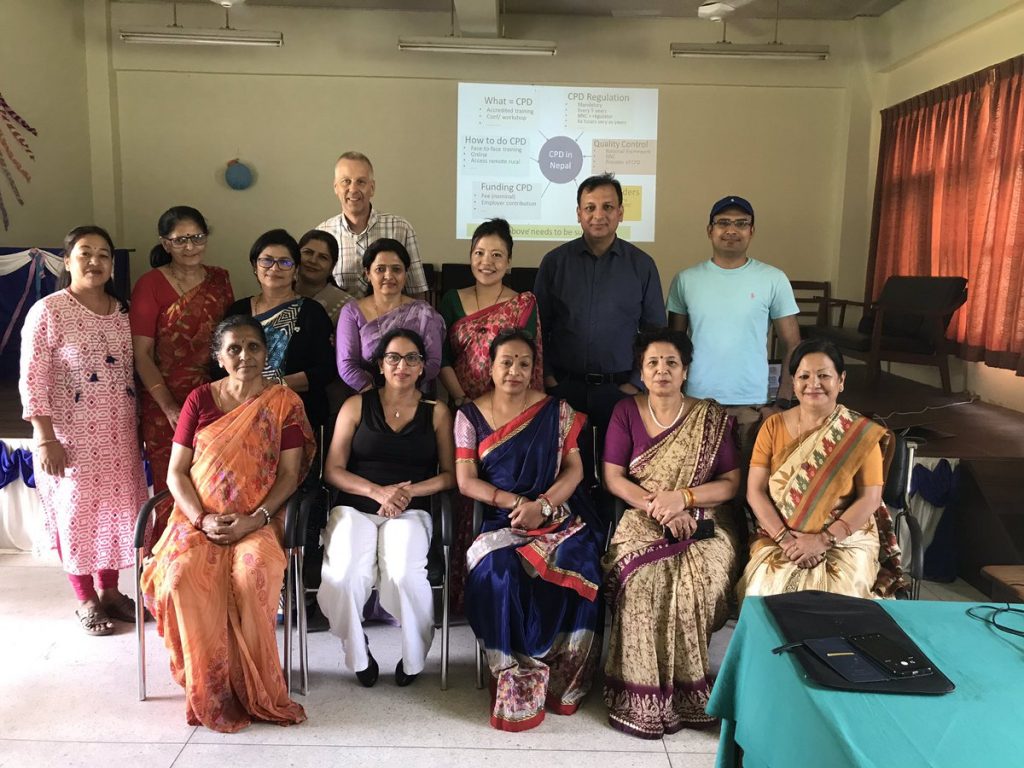
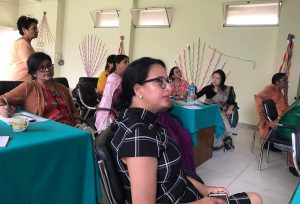




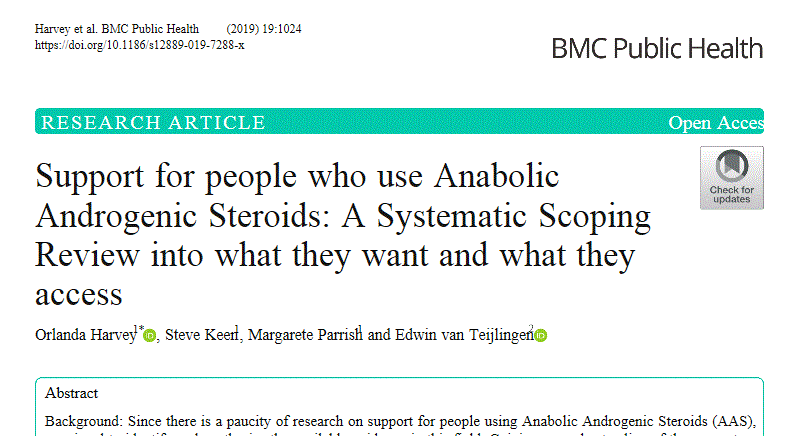
 Every BU academic has a
Every BU academic has a  By clicking on this box, on the left of the Research Blog home page just under the text ‘Funding Opportunities‘, you access a
By clicking on this box, on the left of the Research Blog home page just under the text ‘Funding Opportunities‘, you access a 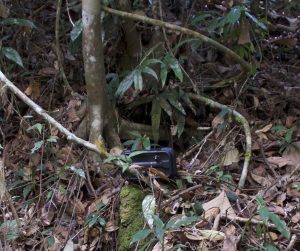
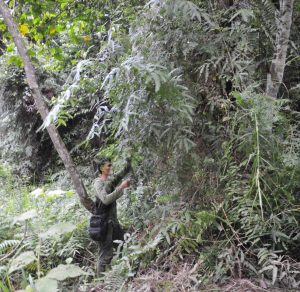
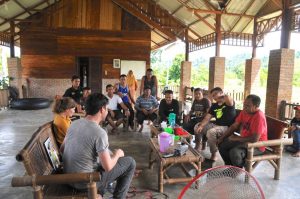
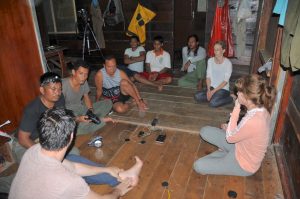


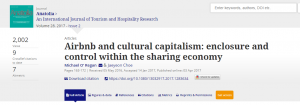
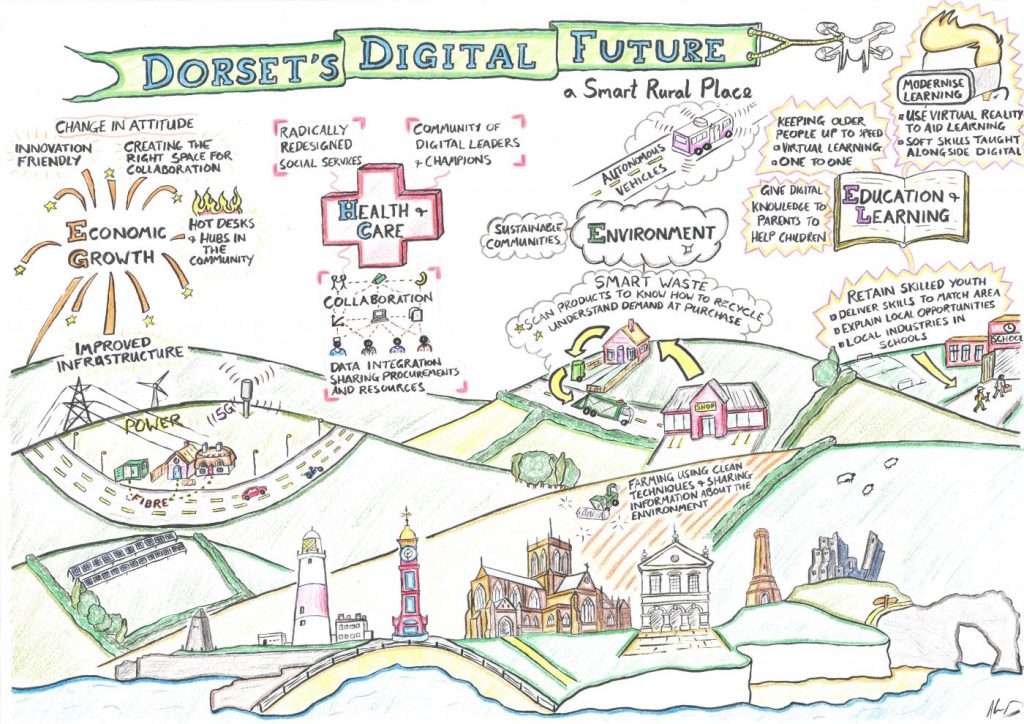
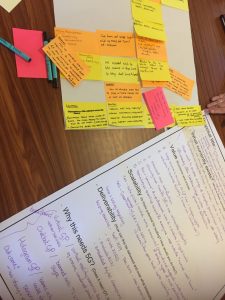
 At Bournemouth University we collaborate with global institutions and organisations through our education, research and practice.
At Bournemouth University we collaborate with global institutions and organisations through our education, research and practice.
 The British Academy has opened
The British Academy has opened 
 RDS is currently working with cross-disciplinary group of BU academics to develop a proposal. If you are interested either to join the existing group or willing to lead/create a new group, please contact Research Facilitator Ainar Blaudums for further details by the middle of August.
RDS is currently working with cross-disciplinary group of BU academics to develop a proposal. If you are interested either to join the existing group or willing to lead/create a new group, please contact Research Facilitator Ainar Blaudums for further details by the middle of August.










 Dr. Ashraf cited on ‘Modest Fashion’ in The Guardian
Dr. Ashraf cited on ‘Modest Fashion’ in The Guardian NIHR-funded research launches website
NIHR-funded research launches website Academics write for newspaper in Nepal
Academics write for newspaper in Nepal New paper published on disability in women & girls
New paper published on disability in women & girls MSCA Postdoctoral Fellowships 2025 Call
MSCA Postdoctoral Fellowships 2025 Call ERC Advanced Grant 2025 Webinar
ERC Advanced Grant 2025 Webinar Horizon Europe Work Programme 2025 Published
Horizon Europe Work Programme 2025 Published Horizon Europe 2025 Work Programme pre-Published
Horizon Europe 2025 Work Programme pre-Published Update on UKRO services
Update on UKRO services European research project exploring use of ‘virtual twins’ to better manage metabolic associated fatty liver disease
European research project exploring use of ‘virtual twins’ to better manage metabolic associated fatty liver disease